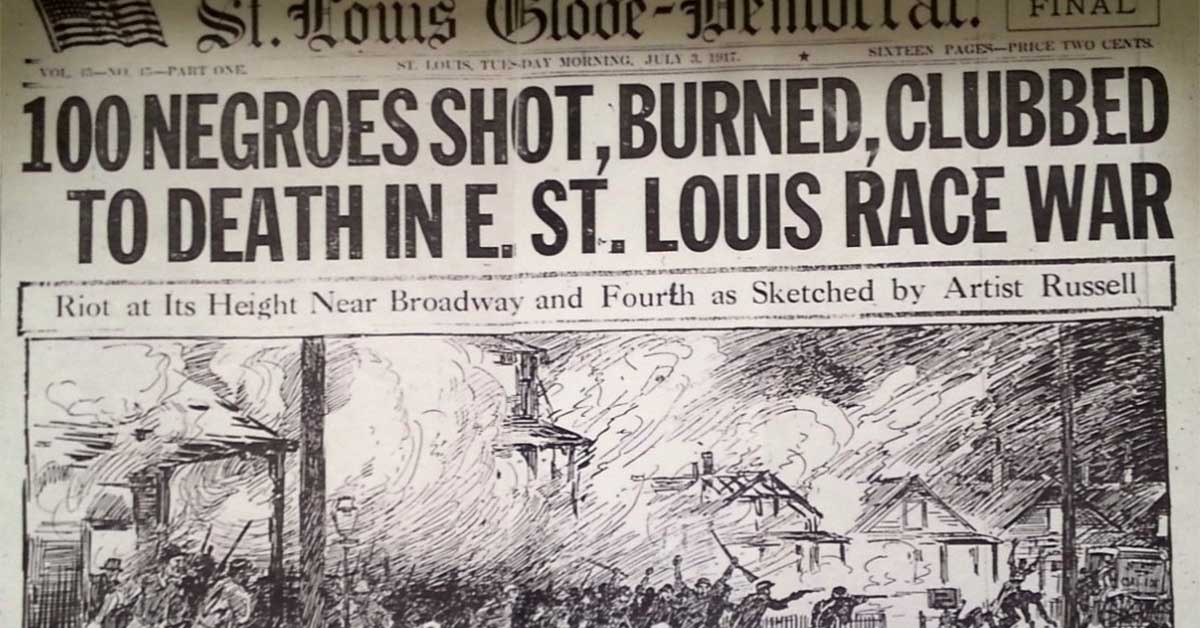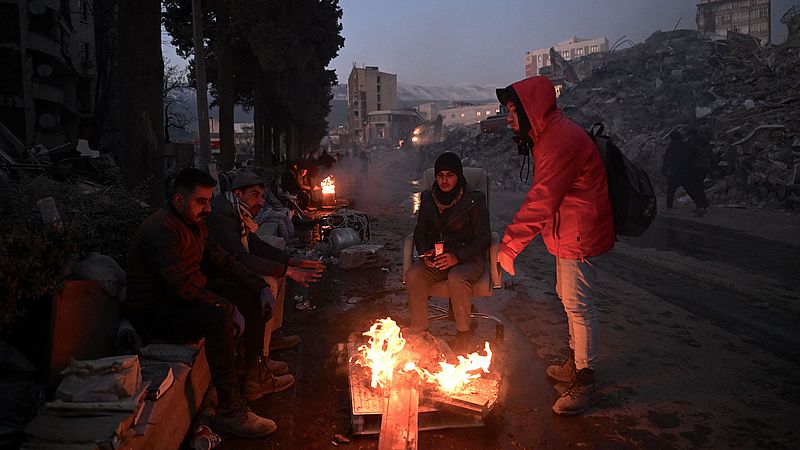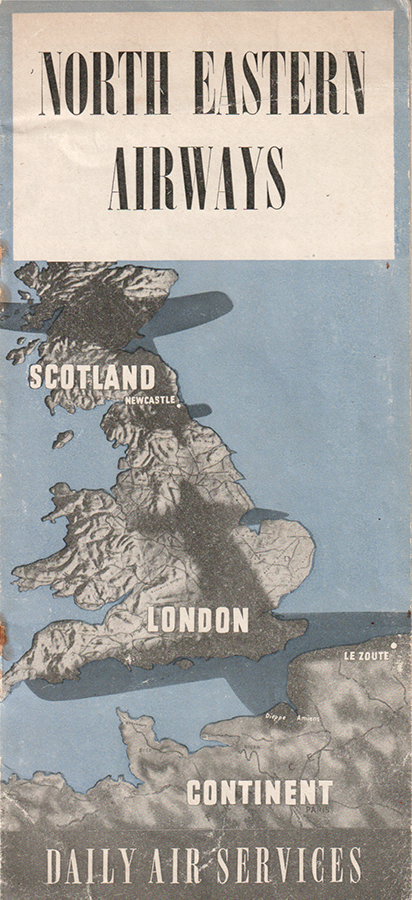State Officials' Rome Trip: Industry Funding Under Scrutiny

Table of Contents
The Cost of the Trip and Funding Sources
The Rome trip's total cost remains a point of contention, lacking complete transparency. Initial reports suggest a figure exceeding $500,000, encompassing flights, luxury accommodations at the Hotel de Russie, lavish meals, and extensive entertainment. The lack of readily available, detailed financial records fuels public skepticism. Crucially, the funding sources remain unclear, raising serious questions about transparency and accountability.
- Exact Costs: While precise figures for each expense category are unavailable publicly, leaked documents hint at significant spending on first-class airfare, high-end dining experiences, and private guided tours. The lack of publicly accessible itemized receipts further compounds the concerns.
- Funding Sources: While some funds may have come from the state budget, the involvement of private donations and corporate sponsorships is suspected, but remains unconfirmed due to inadequate disclosure. This lack of transparency is a major point of contention.
- Discrepancies and Lack of Transparency: The absence of a clear and comprehensive breakdown of expenses raises significant concerns about potential misuse of public funds. Comparisons with similar past official trips are difficult due to inconsistent reporting practices.
- Cost Comparison: Preliminary comparisons with past state-funded trips suggest the Rome trip significantly exceeded typical expenditure levels, further fueling public outrage.
Officials Involved and Potential Conflicts of Interest
Several high-ranking state officials participated in the Rome trip, including Governor Amelia Hernandez and Senator Marcus Blackwood. Their professional backgrounds and existing relationships with various industries create potential conflicts of interest, especially considering the lack of transparency regarding funding sources. Existing ethics laws and regulations require officials to disclose any potential conflicts, a requirement seemingly not fully met in this case.
- Officials Involved: The list of participants includes key figures from the state's economic development and infrastructure departments, suggesting a possible link between the trip's agenda and potential beneficiaries of future policy decisions.
- Prior Relationships: Senator Blackwood's previous involvement with several construction companies and Governor Hernandez's ties to prominent real estate developers raise serious questions about potential biases influencing decisions made during and after the trip.
- Ethics Violations: The lack of clear disclosure regarding funding sources and the potential for quid pro quo arrangements raise concerns about potential violations of state ethics codes and conflict of interest laws. Investigations are underway to determine whether any laws have been broken.
- Political Donations: Scrutiny is also being directed towards political donations received by the involved officials from companies and industries with a vested interest in infrastructure and economic development projects.
Public Reaction and Calls for Accountability
Public reaction to the Rome trip has been overwhelmingly negative, with widespread outrage expressed through media coverage, social media, and public protests. The perceived lack of transparency and potential ethical violations have sparked calls for a thorough investigation and increased accountability. Several government watchdogs have joined the chorus demanding reform to prevent similar incidents in the future.
- Media Coverage: Major news outlets have extensively covered the story, highlighting the questionable spending and raising concerns about the officials' conduct. The negative media attention has further amplified public pressure for transparency.
- Ongoing Investigations: State and federal authorities have initiated investigations into the trip's funding and potential ethical breaches. Hearings are scheduled to examine the details of the trip and question the officials involved.
- Calls for Reform: Public outcry has resulted in calls for significant reforms to improve transparency in government spending and strengthen regulations regarding official travel. Proposed reforms include stricter disclosure requirements and independent audits.
- Legal Actions: While no legal actions have been filed yet, the potential for lawsuits and criminal charges remains a possibility, depending on the findings of the ongoing investigations.
The Role of Lobbying in Shaping the Trip's Agenda
Preliminary investigations suggest lobbying groups potentially influenced the trip’s agenda and participant selection. Further scrutiny is necessary to determine the extent of their involvement and if any undue influence was exerted on policy decisions. The potential for "influence peddling" – the use of personal connections to improperly influence government decisions – requires thorough examination.
Comparative Analysis with Other Official Trips
Comparing the Rome trip to similar official trips reveals inconsistencies in transparency and cost management. Best practices observed in other jurisdictions emphasize detailed expense reports, independent audits, and stricter conflict-of-interest guidelines. Adopting such transparency initiatives could prevent future controversies.
Conclusion
The State Officials' Rome trip highlights a critical need for enhanced transparency and accountability in government spending and official travel. The excessive cost, unclear funding sources, potential conflicts of interest, and public outcry underscore serious concerns about ethical conduct. The lack of detailed information and the suspected influence of lobbying groups warrant a comprehensive investigation. We urge readers to contact their representatives and demand stricter regulations regarding industry funding of official trips. The issue of State Officials' Rome Trip and industry funding necessitates further investigation and reform to ensure ethical conduct and prevent future controversies.

Featured Posts
-
 9 11 Netflix Documentary Features Survivors Terrifying Account Of Being Set Ablaze
May 18, 2025
9 11 Netflix Documentary Features Survivors Terrifying Account Of Being Set Ablaze
May 18, 2025 -
 Confortos First Dodgers Homer 6 4 Win Over Mariners
May 18, 2025
Confortos First Dodgers Homer 6 4 Win Over Mariners
May 18, 2025 -
 Defensie Industrie Nederland Expansie Krijgt Meer Politieke En Publieke Steun
May 18, 2025
Defensie Industrie Nederland Expansie Krijgt Meer Politieke En Publieke Steun
May 18, 2025 -
 Mob Land Premiere Pregnant Cassie And Alex Fine Make A Statement
May 18, 2025
Mob Land Premiere Pregnant Cassie And Alex Fine Make A Statement
May 18, 2025 -
 Damiano David Maneskin Funny Little Fears Tracce Collaborazioni E Data Di Uscita Dell Album
May 18, 2025
Damiano David Maneskin Funny Little Fears Tracce Collaborazioni E Data Di Uscita Dell Album
May 18, 2025
Latest Posts
-
 Shreks Bbc Three Airtimes A Complete Guide
May 18, 2025
Shreks Bbc Three Airtimes A Complete Guide
May 18, 2025 -
 Bowen Yang Addresses Shane Gillis Snl Firing Rumors
May 18, 2025
Bowen Yang Addresses Shane Gillis Snl Firing Rumors
May 18, 2025 -
 Shrek Full Episode Listings On Bbc Three
May 18, 2025
Shrek Full Episode Listings On Bbc Three
May 18, 2025 -
 The Wedding Banquet A Fresh Look At Asian American Lgbtq Identity
May 18, 2025
The Wedding Banquet A Fresh Look At Asian American Lgbtq Identity
May 18, 2025 -
 Shane Gillis Snl Firing Bowen Yang Addresses Allegations Of Involvement
May 18, 2025
Shane Gillis Snl Firing Bowen Yang Addresses Allegations Of Involvement
May 18, 2025
